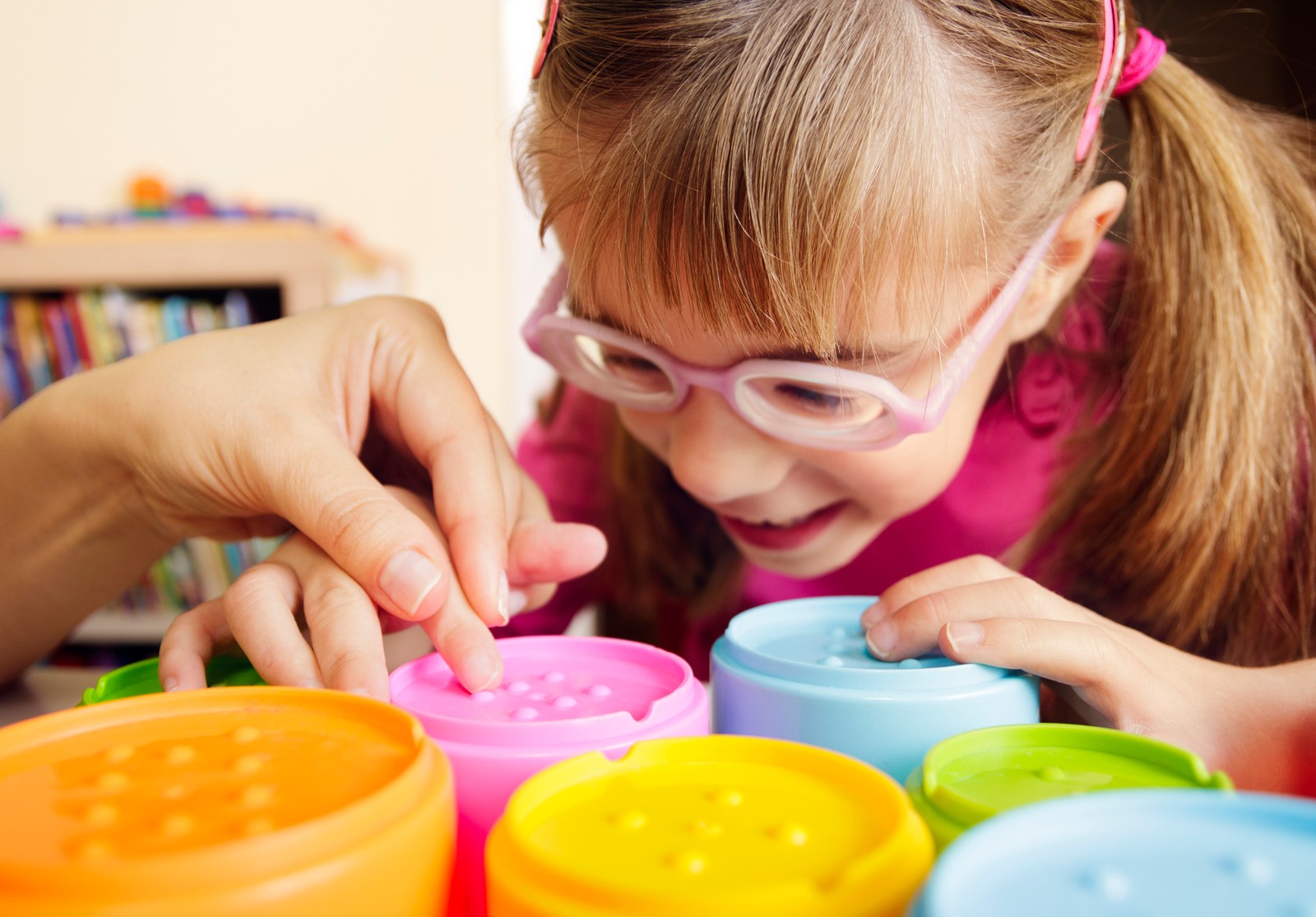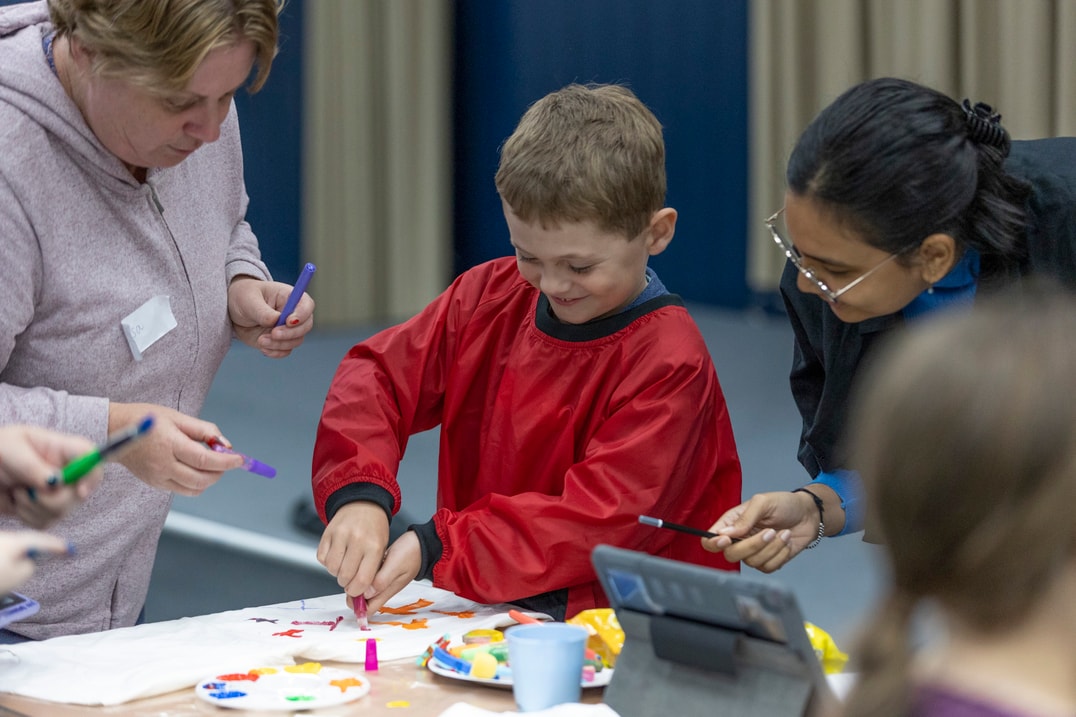Fine Motor Skill Games
Fine motor skill games involve activities that require the use of small muscles in the hands and fingers. These activities can include stringing beads, using play dough to create shapes, or manipulating small objects like buttons or toys. Fine motor skill games are designed to be enjoyable and engaging, making them a fun way for individuals with autism to practise and improve their dexterity. By focusing on these tasks, participants can develop better control over their hand movements.
These games are important for enhancing fine motor skills, which are essential for daily tasks like writing, buttoning clothes, or using utensils. Engaging in activities that require precision helps improve hand-eye coordination and grip strength. Additionally, fine motor skill games can promote focus and concentration, as they often require attention to detail. Playing with materials like beads or play dough can also encourage creativity and self-expression. Overall, these activities provide valuable opportunities for skill development while being fun and interactive.
Visual Schedules
Visual schedules are tools that help individuals with autism understand and follow daily routines by breaking tasks down into simple, manageable steps. These schedules use pictures, symbols, or words to represent each activity throughout the day. For example, a visual schedule might show images for getting dressed, eating breakfast, or going to school. By using visual aids, individuals can see what comes next in their routine, which helps reduce anxiety and confusion.
Visual schedules promote independence by providing clear guidance on what to do at each step of the day. They help individuals develop a sense of structure and predictability, making it easier to transition between tasks. When tasks are visually represented, it can enhance understanding and retention, allowing individuals to learn routines more effectively. Visual schedules also encourage responsibility and self-management, as individuals can check off completed tasks. Overall, these tools are valuable for building confidence and improving daily living skills.
Adaptive Art Projects
Adaptive art projects are creative activities designed to help individuals with autism express themselves while also developing important skills. These projects can include painting, colouring, or crafting, and they often use tools and materials that are modified to suit individual needs. For example, using larger paintbrushes or textured paper can make these activities more accessible and enjoyable. Adaptive art projects allow participants to explore their creativity in a supportive environment.
These art activities encourage fine motor control by requiring precise movements, such as holding a brush or cutting shapes. As individuals engage in these tasks, they can improve their hand-eye coordination and dexterity. Additionally, adaptive art projects promote sensory tolerance by exposing individuals to different textures, colours, and materials. This can help them become more comfortable with various sensory experiences. Overall, these projects not only foster creativity but also provide valuable opportunities for skill development and self-expression in a fun and engaging way.
Therapeutic Swings
Therapeutic swings are special swings designed to provide vestibular sensory input, which is important for helping individuals with autism improve their balance and coordination. These swings come in various styles, such as platform swings, hammock swings, or glider swings, and are often used in therapy settings or at home. By swinging back and forth or side to side, individuals can experience gentle movement that stimulates their vestibular system.
Therapeutic swings support sensory regulation by providing calming input that can help soothe the nervous system. This calming effect can be beneficial during times of stress or overstimulation. Additionally, swinging promotes balance and coordination, essential skills for everyday activities like walking or running. As individuals use the swing, they engage their core muscles, which further enhances their physical development. Overall, therapeutic swings are a valuable tool for improving sensory processing, promoting relaxation, and building motor skills in a fun, engaging way.
Role-Playing Games
Role-playing games (RPGs) are interactive activities where individuals act out different characters or scenarios. These games can involve various themes, such as going to a store, visiting a doctor, or having a conversation at a party. By taking on different roles, participants can practise and explore social situations in a safe and structured environment. Role-playing can be done with peers, family members, or therapists, making it a versatile tool for learning.
Role-playing games are valuable for enhancing social skills, as they provide opportunities to practise important behaviours like sharing, turn-taking, and effective communication. By acting out real-life scenarios, individuals with autism can learn how to navigate social interactions more confidently. These games help build understanding of social cues, body language, and appropriate responses in various situations. Additionally, role-playing encourages creativity and imagination, making learning fun and engaging. Overall, these games are an effective way to develop social skills and foster positive interactions in daily life.





